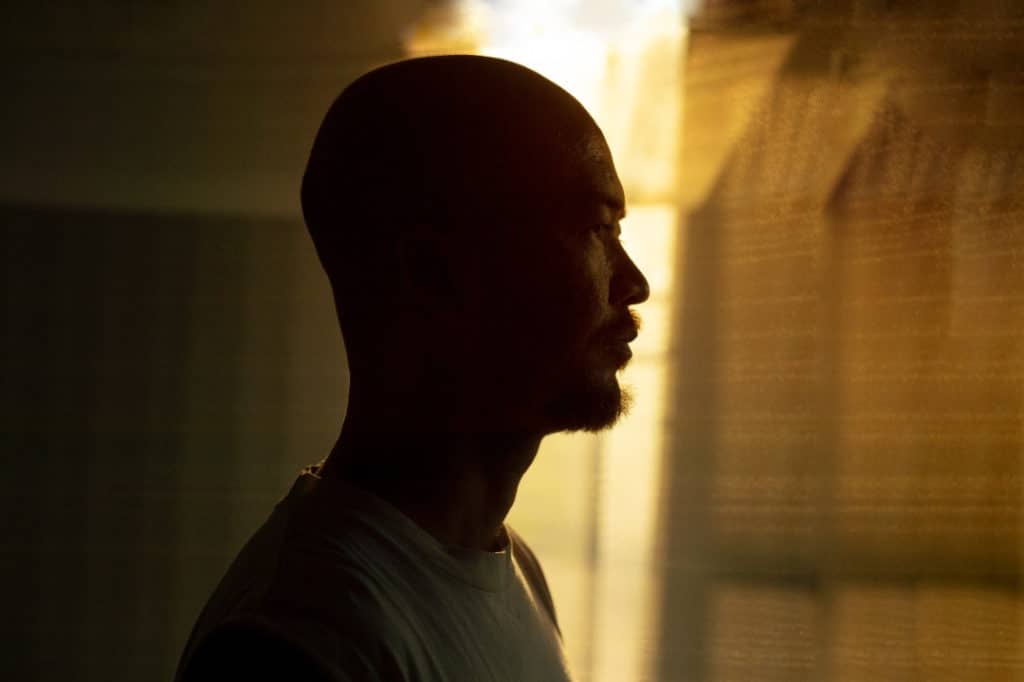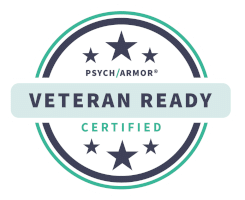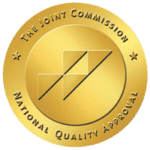Recovery from post-traumatic stress disorder (PTSD) is a journey, not a destination. Mental health treatment is a critical first step toward freedom from the debilitating effects of PTSD, but ongoing management is essential. While treatment often reduces symptoms, the possibility of recurrence remains. If you’re wondering, “Can PTSD come back after treatment?” the answer is yes, but with proper support and coping strategies, long-term recovery is possible.
What Is PTSD?
Post-traumatic stress disorder (PTSD) is a mental health condition that can develop after experiencing or witnessing trauma. Trauma is a sudden, distressing event that overwhelms an individual’s ability to cope. While many people recover naturally from trauma within a few weeks, others may experience lingering fear and anxiety that interfere with daily life.
Symptoms of PTSD include:
- Feeling detached from friends or family
- Flashbacks or nightmares
- Intense, disturbing thoughts or images
- Avoiding specific places, people, or situations
- Extreme emotional reactions to mild triggers, like loud noises
- Persistent feelings of fear, anger, sadness, or anxiety
PTSD symptoms vary in severity. For some, the condition causes mild disruptions, while for others, it can make daily responsibilities nearly impossible to manage.
What Causes PTSD?
PTSD was first widely recognized for its impact on soldiers returning from combat. Early terms like “shell shock” and “combat fatigue” reflected the condition’s prevalence in military contexts. However, PTSD is not limited to veterans.
It can develop after various traumatic experiences, including:
- Physical or sexual abuse
- Childhood neglect
- Assault or violence
- Serious injury or illness
- Natural disasters
- Unexpected loss of a loved one
Each person’s experience with trauma is unique, underscoring the need for personalized treatment plans.
Can PTSD Come Back After Treatment?
Yes, PTSD symptoms can return even after successful treatment. Effective PTSD treatment typically includes a combination of psychotherapy and medication, such as:
- Eye-Movement Desensitization and Reprocessing Therapy (EMDR): A structured therapy that helps reprocess traumatic memories.
- Cognitive-Behavioral Therapy (CBT): A therapy focused on challenging and changing negative thought patterns.
- Medications: Antidepressants and anti-anxiety medications often help reduce symptoms, making therapeutic interventions more effective.
While treatment equips individuals with coping skills and tools, maintaining these strategies requires ongoing effort. Neglecting to practice learned techniques or encountering new traumas can trigger the return of symptoms. If PTSD recurs, further treatment may be necessary to regain control and continue the recovery journey.
Managing PTSD After Treatment
To reduce the likelihood of a recurrence, it’s essential to:
- Practice Coping Skills Regularly: Reinforce techniques learned during therapy, such as relaxation exercises or mindfulness practices.
- Seek Support: Build a reliable support network of friends, family, or support groups.
- Monitor Stress Levels: Be proactive about managing stress and addressing potential triggers.
- Engage in Ongoing Therapy: Periodic sessions with a therapist can help maintain progress and address new challenges as they arise.
Finding Help for PTSD
If you’re experiencing PTSD symptoms or suspect a recurrence, help is available. Pasadena Villa provides a range of compassionate mental health services, including residential and outpatient programs tailored to meet your needs.
Our treatment options include evidence-based therapies like EMDR and CBT, ensuring a comprehensive approach to recovery. Whether you’re seeking treatment for the first time or need additional support, our dedicated team is here to guide you every step of the way.
Hope for PTSD Recovery
PTSD is a challenging condition, but it is manageable with the right tools and support. While symptoms may return, consistent effort and access to professional care can help you achieve long-term stability. Remember, recovery is a process, and each step you take brings you closer to a healthier, more fulfilling life.
References:
- American Psychiatric Association (APA)
- Frontiers in Psychology. (2018). The Use of Eye-Movement Desensitization Reprocessing Therapy in Treating Post-Traumatic Stress Disorder – A Systematic Narrative Review.
- National Institute of Mental Health (NIMH)





